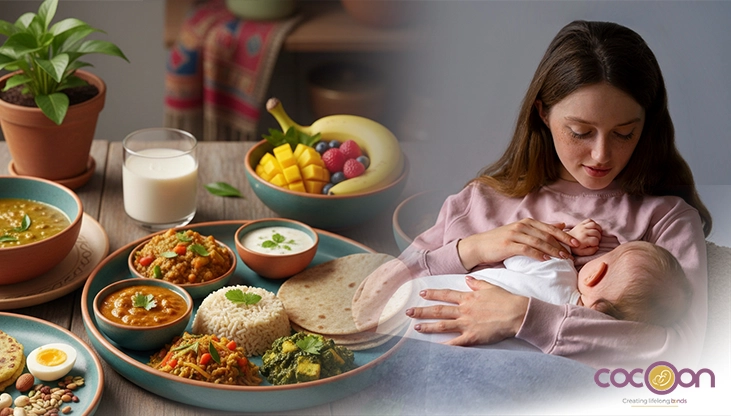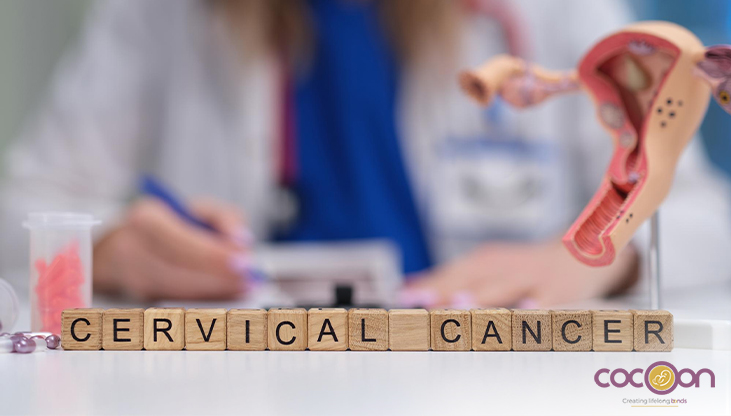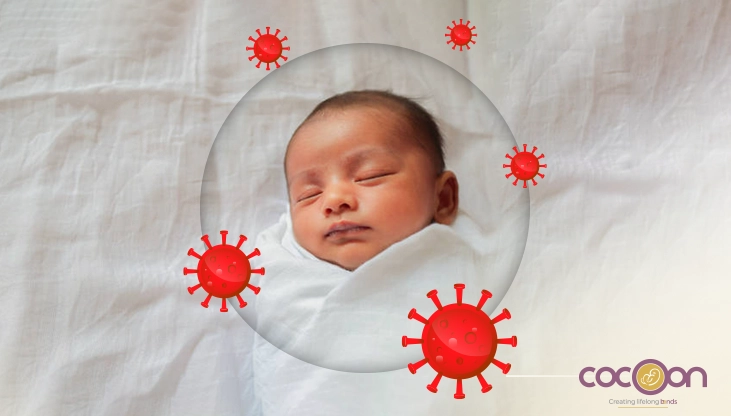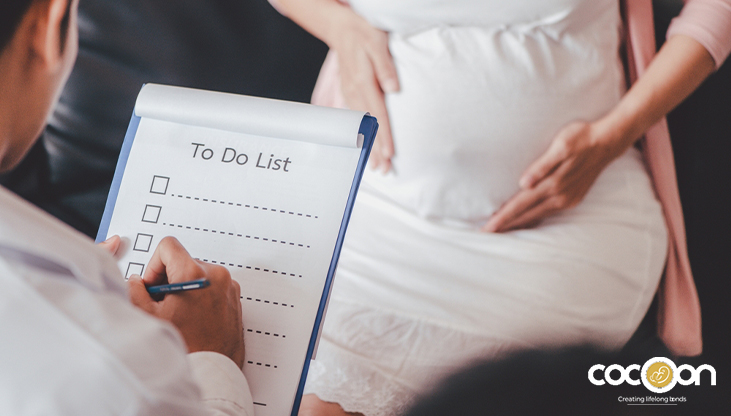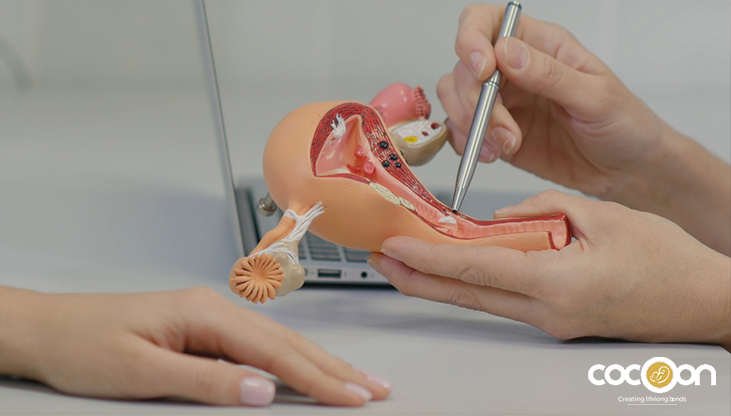Nutrition during pregnancy isn’t just fuel; it’s the building component for your baby’s growth and your own well-being. However, this lovely journey of yours is often masked by pregnancy nutrition myths. Some elders may warn you against eating certain fruits, while others may instruct you to “eat for two”. Myths are similar to half-knowledge; they appear caring, but if left ignored, they can do more harm than good.
Proper nutrition during pregnancy demands balance, not extremes. Diets that single out entire food groups, such as keto, Paleo, or those heavy in saturated fats, can starve you and your baby of essential nutrients. Comprehensive nutritional supplementation, including various micronutrients and appropriate protein-energy intake, supports healthier birth outcomes and reduces the risk of low birthweight.
So, while nutrition matters deeply, staying aware of pregnancy diet myths is equally important. Read this blog to stay away from the myths, separate fiction, and help yourself embrace safe foods during pregnancy with confidence.
Top 1o Pregnancy Food Myths You Need to Part Ways With!
Keep your distance from the below-given pregnancy nutrition myths or disbelief about what not to eat during pregnancy.
Myth 1: You should eat for two during pregnancy.
Fact: Yes, during pregnancy, you do need a bit more energy, about 300 extra calories a day in the later months. However, you need to focus on nutritious foods, not just doubling the amount. Quality of food matters, not quantity.
Myth 2: Foods to avoid in pregnancy, like papaya and pineapple, cause miscarriage.
Fact: Yes, unripe papaya might cause contractions in very large quantities; however, ripe papaya and normal servings of pineapple are safe. They both contain essential vitamins for your good health.
Myth 3: Avoid all seafood due to the presence of mercury.
Fact: Few fish have high mercury content, which can be harmful; however, many fish, such as salmon and sardines, are safe. They are good for your baby's brain development because they have healthy fats (e.g., omega-3).
Myth 4: You should avoid dairy like milk and cheese during pregnancy.
Fact: Dairy products are one of the main sources of calcium and protein for a baby's bones. However, avoid unpasteurised cheeses, and make sure dairy is from trustworthy sources.
Myth 5: Never consume raw vegetables during pregnancy.
Fact: You can. Raw veggies are packed with vitamins and fibre, but wash them properly to avoid germs that potentially harm you or your baby.
Myth 6: Spicy foods are bad and lead to early labour or irritability in the baby.
Fact: Spicy food doesn’t harm your baby. However, if it causes heartburn for you, eat less. Moderate spice in foods is safe during pregnancy.
Myth 7: Eggs cause allergies or problems for the baby, so avoid them.
Fact: Eggs are a great source of protein and nutrients. Keep eating them cooked well, but if you are allergic, avoid them.
Myth 8: Consuming sugary or fatty foods leads to a big baby and tough labour.
Fact: It’s the overall healthy, balanced diet and weight gain that matter, not just particular foods like sweets or fats. Pregnancy does not mean complete deprivation of sweets and desserts
Myth 9: Heartburn indicates your baby will have a lot of hair.
Fact: Heartburn is normal during pregnancy due to your hormones and doesn’t determine the hair on the baby.
Myth 10: Cucumbers and melons have a cooling property, hence, should be avoided because they cause miscarriage.
Fact: There is no scientific proof for the statement. Eating a variety of nutritious fruits and vegetables is safe and important.
Note: These pregnancy diet myths are meant for educational purposes. Every pregnancy is unique; hence, listen to only the guidance of your healthcare professional.
Summary: Foods to Avoid in Pregnancy
You don't need to complicate your routine during pregnancy; you just need to know the basics. Avoid raw, undercooked, or spoiled seafood to protect your baby from harmful germs.
Never consume raw fish like sushi or cold-smoked seafood unless cooked.
Also, check local fish safety notices and cook seafood so it flakes and looks white or the shells open. Follow these 5 golden rules for safe foods during pregnancy: clean, separate, cook, chill, and avoid risky foods.




